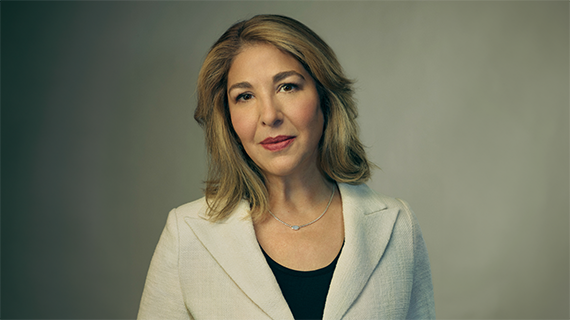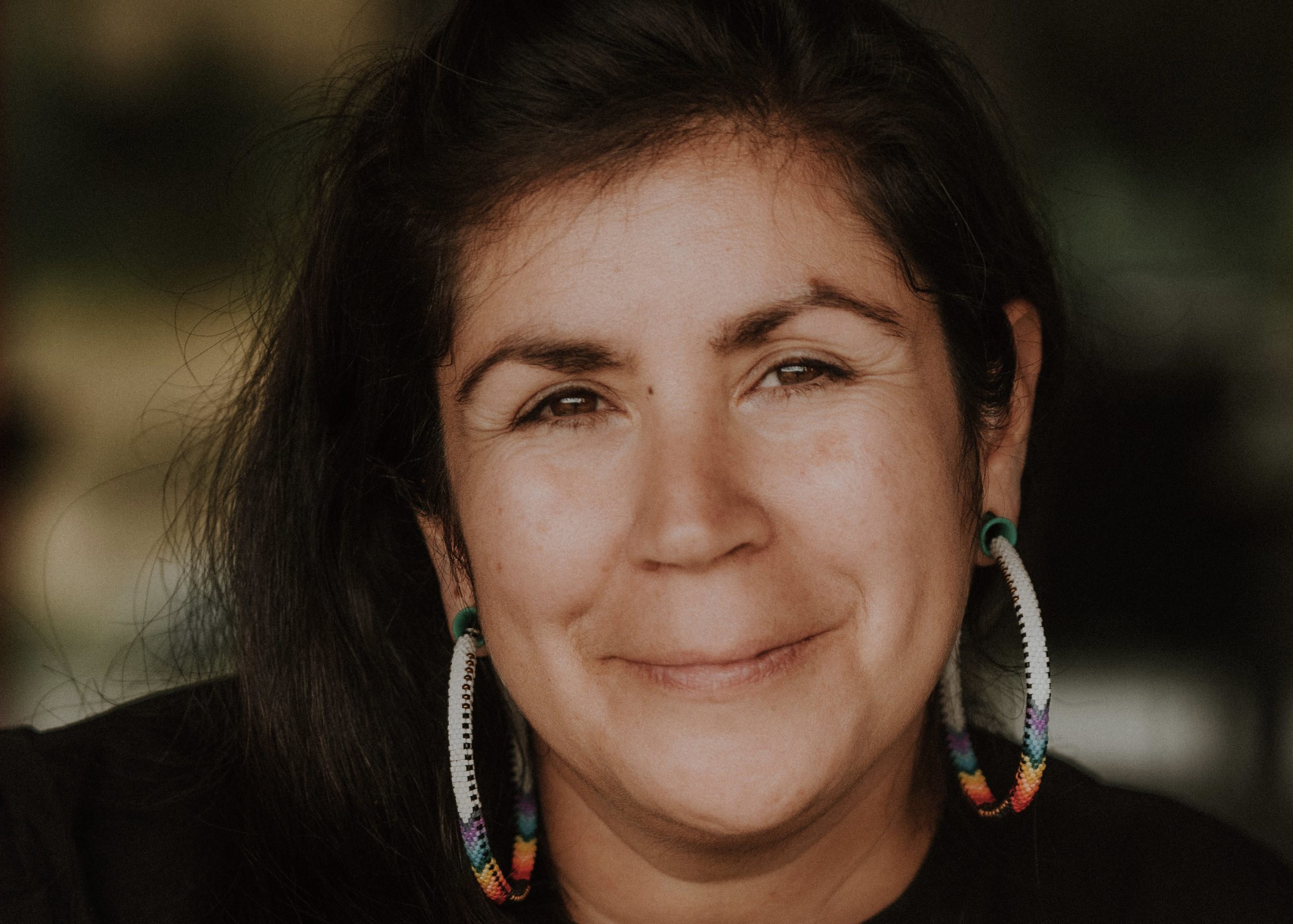

By Mary Leong
You’re a recent Arts graduate with your BA in hand – a tribute to the years (and student loans) you’ve spent working away at your degree. Now that you’re heading out into the “real world”, will you be employed? Globe and Mail columnists James Bradshaw and Tralee Pearce don’t think so.
Debunking the articles
“As the [Arts] degree became common, employers grew hungrier for students trained with specific skills and ever-more-advanced degrees,” said Bradshaw.
Julie Walchli, director of the UBC Arts Co-op Program is skeptical of generalizing humanities, social sciences, and fine arts programs under the greater Arts umbrella.
“What do the articles mean by ‘Arts’? Within Arts, there are so many different fields of study, where students develop very different specialized skill sets,” said Walchli. “Students with an English major have different career goals from students with a Geography major, so to say that there are ‘too many BAs’ is a faulty generalization.”
Walchli cites the example of UBC’s Asian Studies program.
“With the progression of the global economy, we will need more graduates who understand issues in Asia, and are fluent in Mandarin or Cantonese,” said Walchli. “It is very difficult to generalize job prospects broadly for all BA students.”
Karly Pinch, coordinator of the Arts Internship Program, responds to Pearce’s claim that more Arts students are going on to college or technical programs to gain employment.
“If you want to be a nurse or an accountant – jobs that require specific skills – a technical program may be necessary,” said Pinch. “But most jobs don’t require those specific skills, so this should not be seen as a requirement after your BA.”
What employers are seeking
The reality is that most employers are looking for skills that are developed in an Arts degree. According to the Business Council of British Columbia’s 2010 Skills and Attributes Survey Report, the top skills and competencies employers are seeking to hire for are:
• Speaking/Listening (93.3%)
• Judgment/Decision-making (93.3%)
• Teamwork (90.0%)
• Problem-solving (86.7%)
• Writing (83.3%)
• Critical Thinking (80.0%)
Moreover, the top three skills sought after in high-level management positions are:
• Judgment/Decision-making
• Critical Thinking
• Speaking/Listening
Through term papers, students hone their writing skills, learn to think critically, and challenge ideas, while seminar discussions encourage students to listen and communicate with their peers.
“In a BA, you’re learning to think about what you’re reading. You learn to examine things like the history behind what you’re reading and its political ramifications,” said Pinch. “Employers want to hire someone who will ask questions, think critically, and are motivated to address what they see.”
These skills are translating into real job successes for Arts graduates.
Rory Green, a recent graduate (BA’10, Political Science) who works in corporate fundraising for the Canadian Cancer Society, believes that her degree has been invaluable in getting her where she is today.
“UBC is one of the top research institutions in Canada and my experiences as an Arts student gave me the skills and abilities to perform quality research, a task I perform on a weekly basis with the Canadian Cancer Society,” said Green.
“Critical thinking and creativity were two aspects of myself that blossomed and grew during my time as an Arts student, and that reflects in the work I do. Were it not for the presentations and essays I delivered and wrote at UBC, I would not be the communicator I am today.”
Creating employable Arts students
At UBC, the focus on experiential learning means that Arts students are provided with a wealth of opportunities to apply their book knowledge to the work world.
“The challenge for Arts students is to discover what their skills are, and which jobs they can apply these skills to,” said Walchli.
Through opportunities such as the Arts Co-op Program, Arts Internship Program, Community Service Learning, and International Service Learning, students gain hands-on experience, learn more about their job preferences, and build upon both hard and soft skills that are necessary in the workforce.
“There are students in the Arts Internship Program working with non-profits and social enterprises doing event planning, social media, and project management, just to name a few,” said Pinch. “Being able to apply what they learn in class to the work world gives students a competitive advantage.”
Pinch also notes that experiences such as campus involvement, volunteer work, and part-time jobs help students adapt more quickly to the workplace.
“I worked as a summer student for the Ottawa Hospital Foundation and loved it. Working with the Alma Mater Society (AMS) also affirmed my desire to work for a not-for-profit,” said Green. “Fundraising was one of the career paths I had always considered, and after having my position for a year I believe it is what I am meant to do!”


